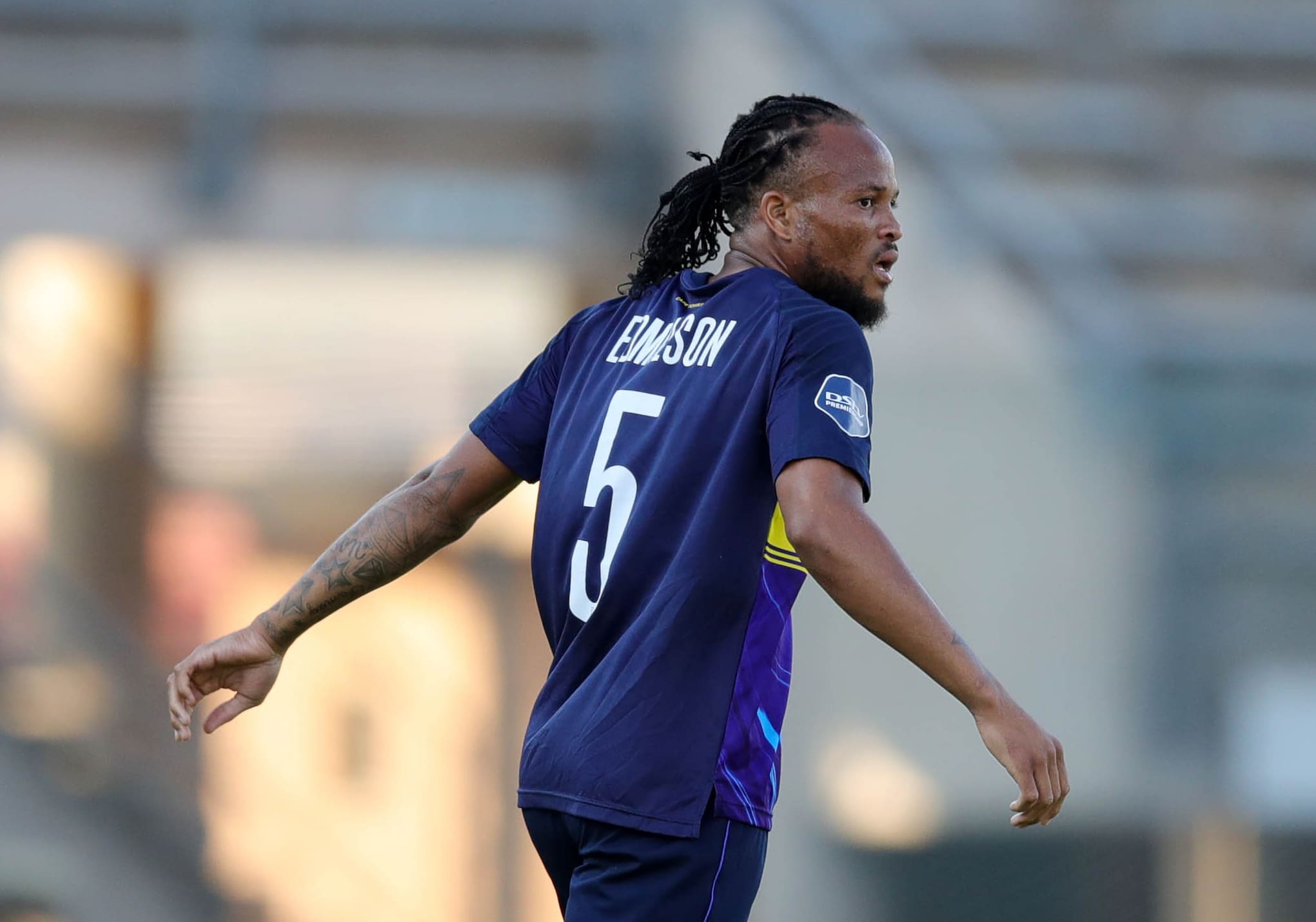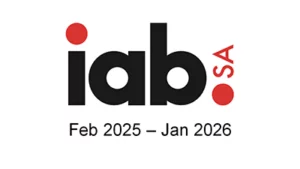By Velile Mnyandu in Yaoundé, Cameroon
The Senegalese national team travels with an army of more than 80 journalists and that alone is pressure enough to deliver the title in Dakar when the team lands on home soil on 8 February.
Senegal head coach Aliou Cisse, addressing the media at the Ahmadou Ahidjo stadium, the venue for tonight’s African Cup of Nations (AFCON) quarter-final encounter against Burkina Faso, he made a bold statement that the players are ready to make history.
Cisse who is entering his sixth year at the helm of the Teranga Lions, knows fully well that another AFCON without success, two years after losing to Algeria in the final at Cairo International stadium in Egypt, pressure will be on him when they return home.
Arguably boasting the strongest squad at this AFCON, littered with star players from top clubs in top leagues in Europe – from Liverpool, Chelsea, Paris Saint-Germain to Napoli and AC Milan – on paper Cisse and his team should be walking the tournament.
But this 33rd edition of the AFCON has proven that reputations count for nothing and as it has been the case for African football in recent years, there are no small or big teams anymore.
Before the last 16 stage, they had only scored one goal and were still looking for the first one from open play. But in the last two matches against a nine-man Cape Verde and Equatorial Guinea, they came alive scoring five goals while only conceding one, and that was also the only time their defense has been breached in five matches.
“We are quite prepared for the game. Even if we didn’t have a lot of time to do so, we spent a lot of time catching our breath after playing so hard. The Burkinabe team is a very reliable team.
“We played against them for the qualifiers for the World Cup, like back in 2019. I think the game was a very heated game. I think we played a zero all tie at home and eventually we lost in Burkina Faso,” Cisse recalls tough battles between the two sides.
Cisse who led Senegal as a captain, when they lost to Cameroon on penalties in the 2002 final in Bamako, Mali is fully aware of the expectations to finally end the AFCON drought for his nation.
“The battle is not over yet. We still have an objective, we had intended to play not less than seven games and today we have done so. We are now eager for the final,” said Cisse.
“My group is quite motivated. And they’re really confident about the fact that they could make history for Senegal.”



